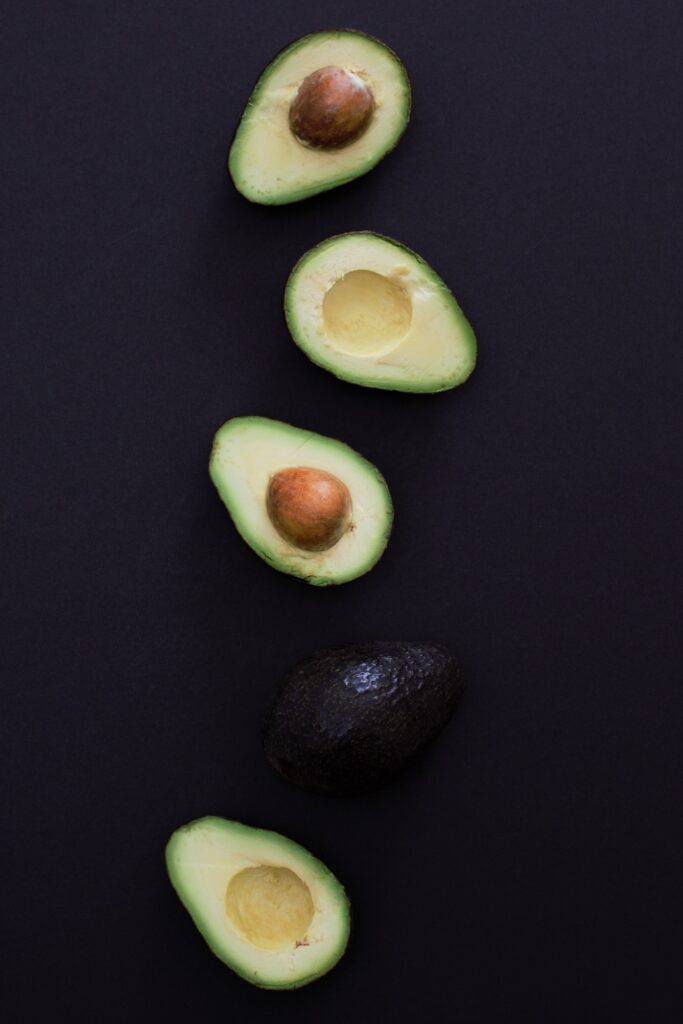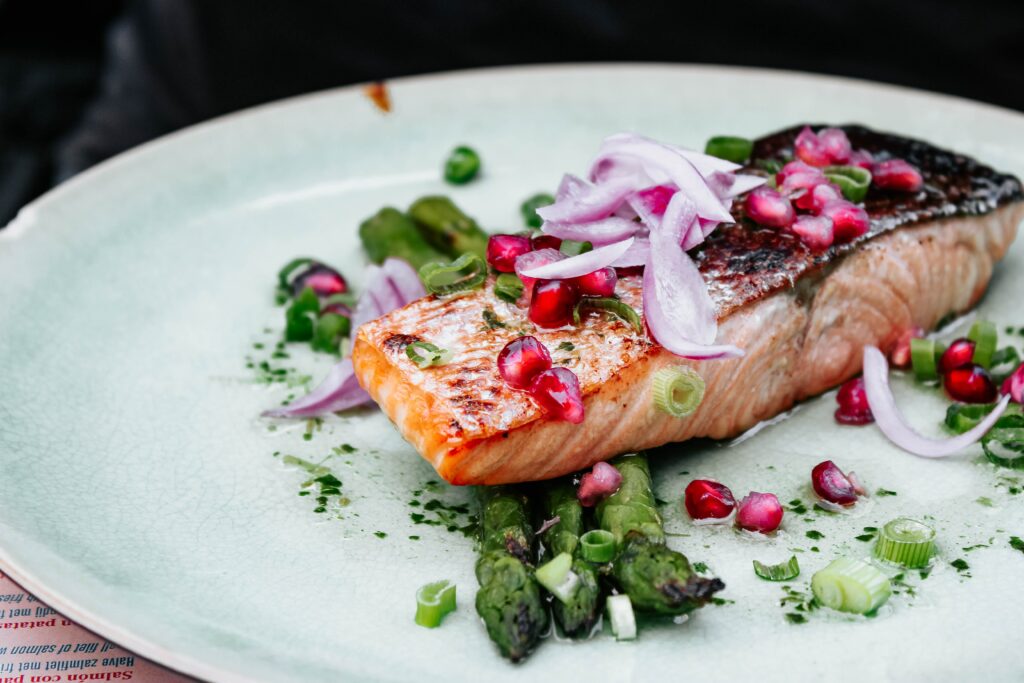Keto, keto, keto. You’ve probably heard of it. Maybe you’ve tried it. Ever since the ketogenic diet took the wellness industry by a storm, celebs and social media influencers have taken to spilling their high-fat, low-carb eating tips. Many have publicly pledged their allegiance to the butter-and-bacon-rich lifestyle. And since it gained momentum in 2018, it’s showing no signs of stopping. That said, is it worth the hype? Today, we’re diving into what the keto diet is and how it impacts women’s health. If you want my hot take, look no further than this video.
What is the keto diet?
The ketogenic diet—or keto diet, for short—is a low-carb, high-fat diet. In essence, it involves drastically reducing your carbohydrate intake and replacing carbs with fat. This swap puts your body into a metabolic state, called ketosis. When this happens, your body becomes incredibly efficient at burning fat for energy. Despite its recent gain in popularity, the keto diet was invented in 1924. A doctor at the Mayo Clinic used it as a treatment option for epilepsy. As far as the macro breakdown is concerned, the ketogenic diet typically reduces total carbohydrate intake to less than 50 grams a day (can be as low as 20 grams a day). Popular ketogenic resources suggest an average of 70-80% fat from total daily calories, 5-10% carbohydrate, and 10-20% protein. High-quality fats make up a bulk of the diet, like olive oil, avocados, grass-fed beef, coconut oil, pastured eggs, grass-fed butter, and ghee.

Pros and cons of the keto diet
Some women may experience short-term benefits on keto, like reductions in blood sugar and insulin levels. It may also help with weight loss goals and other studies show it can help manage diabetes, epilepsy, and Alzheimer’s disease. That said, the keto diet has a slew of downsides. For starters, it’s strict. If you currently experience disordered eating, any type of diet (like keto) is not beneficial. Additionally, the keto diet can cause immediate side effects. Think: diarrhea, bad breath, potential skin problems, and the keto flu. Long-term, it’s possible to gain weight, lose muscle, and develop signs of adrenal fatigue while on the keto diet—the opposite of what is promised. And depending on circumstances, it can warrant unwanted stress when eating out. Last but not least, it can negatively impact women’s hormones.

how the keto diet impacts women’s hormones
On the surface, the ketogenic diet seems like a helpful plan for hormone balance—mainly because it champions healthy fats, cutting back on simple carbs, and encourages anti-inflammatory foods. Healthy fats, in particular, are necessary for menstrual health. And reducing simple carbohydrates / sugar are also connected to supporting hormone health.
While I’m all in favor of minimizing sugar while upping healthy fat intake—in the name of hormone balancing—the keto diet takes it too far. Unfortunately, this diet nixes many high-fiber foods, like starchy vegetables and whole grains. And fiber is key for hormone balance. Furthermore, drastically cutting carbs can quickly cause an increase in cortisol (our stress hormone). Chronic stress is unnecessary for a variety of reasons, but in part because it disrupts sleep and causes hormone imbalances. These hormonal changes can lead to increased acne or worsen existing conditions, like endometriosis and PCOS.
why WOMEN NEED CARBOHYDRATES
For almost all health goals, cutting complex carbs is not the answer. Especially for women. Beyond instigating disordered eating habits, significantly reducing carbs shifts serotonin levels, progesterone, and insulin metabolism. We need adequate carbohydrates in order to have a healthy cycle. Including, signaling the female body to ovulate. For sustaining energy, metabolic health, sleep, and hormone balance, you must fuel your body. And spoiler alert, that includes eating carbs.
Carbs come in all different shapes and sizes. Some come from the earth, some come from a lab. Some are in their whole form, others are highly processed. Some have zero additives, others are packed with preservatives and sugar. In the name of not demonizing foods, all carbs do their job—they fuel the body. However, certain carbs are more nutrient-dense than others. and on a regular basis, it’s beneficial to choose those. Why? For one, they’re more filling. They also contain higher levels of vitamins, minerals, and fiber. A few examples:
• sprouted grain bread
• sourdough bread
• colorful potatoes
• squash
• brown rice
• quinoa
• 100% whole wheat pasta
• oats
• fruit
When possible, pair carbs with a source of protein or fat. Protein and fat help slow the release of energy. On turn, this mitigates a higher-than-necessary spike in blood sugar.

Does Keto affect Fertility?
Short answer, yes, it can. Studies show it affects the menstrual cycle in a range of ways. Some women may experience heavier periods and worse PMS because the keto diet can cause an increase in estrogen. Other women may experience the complete opposite and their period may cease completely (or come less often). If this happens, if could be a sign your body isn’t getting enough nutrients to function properly and it’s crucial to consult your doctor.
Why I don’t recommend the keto diet
I’m all for experimenting with different types of eating and figuring out how to connect with your natural appetite. However, I don’t recommend keto, long-term. It can make disordered eating worse, create an unhealthy relationship with food, and cause hormonal issues. Instead, work to balance your blood sugar! If you plan to try keto, please consult your primary care physician or healthcare provider beforehand.
All images courtesy of Unsplash.
This article is for informational purposes only. It is not, nor is it intended to be, a substitute for professional medical advice, diagnosis, or treatment and we recommend that you always consult with your healthcare provider.



Leave a Reply